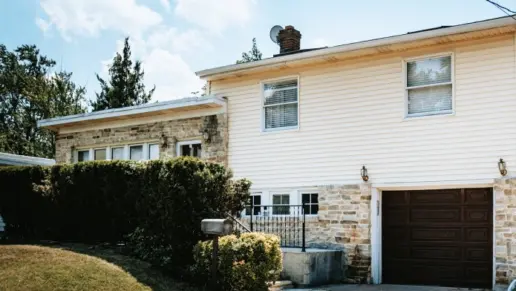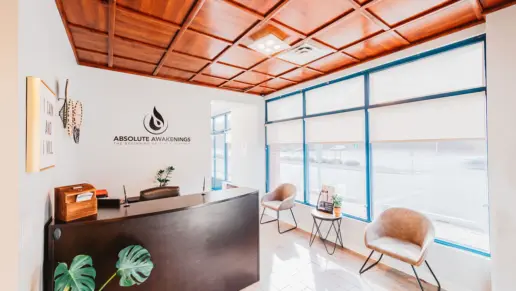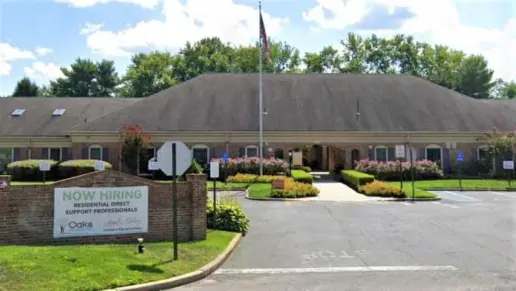About Innerspace Counseling, LLC
Innerspace Counseling is an outpatient treatment program for children, adolescents and adults in Old Bridge, New Jersey. They treat a variety of mental conditions and behavioral issues. In addition to these, this program also helps with school and work related issues.
Their children’s program offers counseling services to children between the ages of eight and 11. Children enrolled in this program meet weekly with a therapist and psychiatrist. They like to work together with the children’s family to create a path to success. They also offer parent support groups to create a sense of community.
They offer a partial hospitalization program (PHP) and intensive outpatient program (IOP) to both adolescents and adults that focus on mental health and behavioral concerns. For adolescents, this program is designed for those 12 years and older. Their adult program is set up similar to the adolescent program. Their IOP programming is offered three times a week, and the PHP program is a five day a week commitment. These programs are more intensive than just basic outpatient treatment. You will have access to therapy, medication services and case management.
They also offer additional services such as a Perinatal Wellness Program and educational training programs. The Perinatal Wellness Program is set up to include PHP and IOP treatment options. This is designed to help pregnant or postpartum parents who are struggling with mental health issues. Innerspace Counseling is also able to provide education and training services to school and community providers to help individuals deal with emotional and mental health issues.
Rehab Score
Gallery
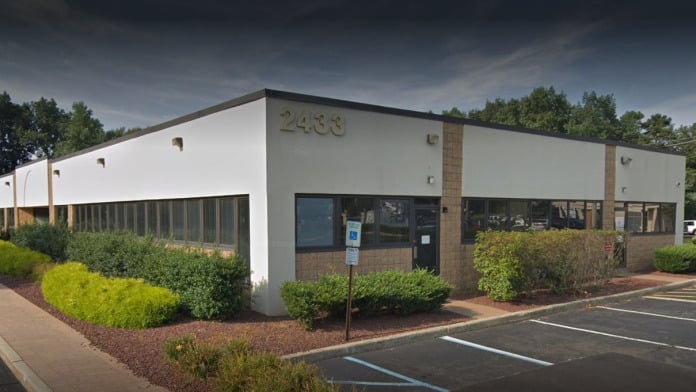
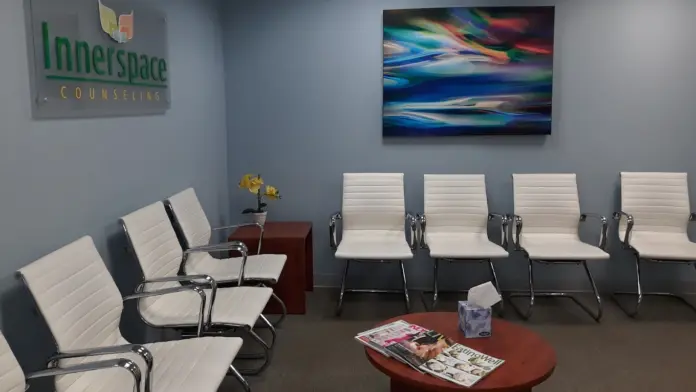
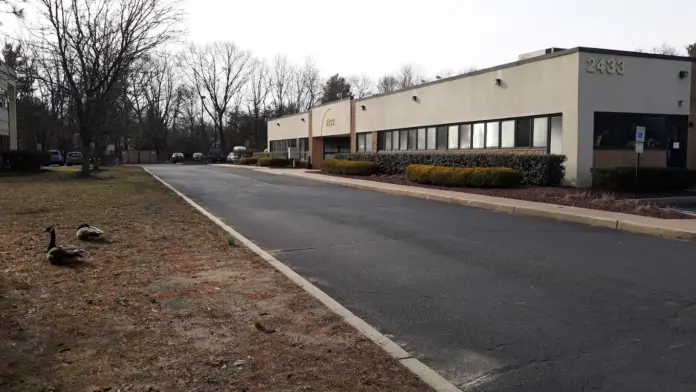
Location
Accepted Insurance



Other Forms of Payment
Self-pay involves paying for treatment out of your own pocket. You can use savings or credit, get a personal loan, or receive help from family and friends to fund your treatment. If you don't have insurance or your insurance plan doesn't cover a specific program, self-pay can help ensure you still get the care you need.
Addiction Treatments
Levels of Care
Treatments
Mental health rehabs focus on helping individuals recover from mental illnesses like bipolar disorder, clinical depression, anxiety disorders, schizophrenia, and more. Mental health professionals at these facilities are trained to understand and treat mental health issues, both in individual and group settings.
Substance rehabs focus on helping individuals recover from substance abuse, including alcohol and drug addiction (both illegal and prescription drugs). They often include the opportunity to engage in both individual as well as group therapy.
Clinical Services
Group therapy settings offer you a diverse perspective on addiction and recovery. People from a variety of backgrounds gather together to discuss their challenges and speak openly and in a nonjudgmental atmosphere. This enriches your experience and your understanding of addiction and recovery.
In individual therapy, a patient meets one-on-one with a trained psychologist or counselor. Therapy is a pivotal part of effective substance abuse treatment, as it often covers root causes of addiction, including challenges faced by the patient in their social, family, and work/school life.
Trauma therapy provides a structure to approach healing from past traumatic events that you may have witnessed or experienced. Your therapist will work with you to identify and process these memories. This helps promote a sense of safety and stability and helps you heal emotionally.
Most experts in couples therapy are trained in several modes of treatment. This allows your therapist to draw from various techniques to personalize your therapy for your needs. This may include cognitive, emotional, and behavioral methods, which are all designed to help you strengthen your relationship.
Family therapy sessions address addiction related conflicts and other issues between members of the family unit. By strengthening communication and coping skills, as well as creating a nurturing environment, the family can help support their loved one's recovery.
Amenities
-
Residential Setting
-
Private Rooms
Contact Information
2433 Route 516
Old Bridge, NJ 08857










